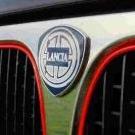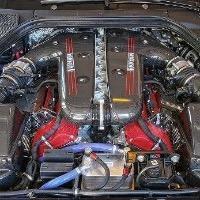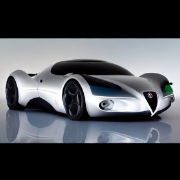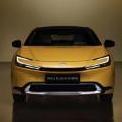Scelte strategiche Gruppo VAG
-
Contenuti simili
-
- 2 risposte
- 450 visite
-
- 0 risposte
- 441 visite
-
Lamborghini Huracan II PHEV 2024 (Spy) - Prj. LB63x 1 2 3 4 6
Pubblicato da Beckervdo,
- lamborghini spy
- huracan phev
- (e 7 altri in più)
- 50 risposte
- 12826 visite
-
-
-

















.thumb.jpg.d20c5008a881490f9c7f843d442a34f8.jpg)




Messaggi Raccomandati:
Crea un account o accedi per lasciare un commento
Devi essere iscritto per commentare e visualizzare le sezioni protette!
Crea un account
Iscriviti nella nostra community. È facile!
Registra un nuovo accountAccedi
Sei già registrato? Accedi qui.
Accedi Ora